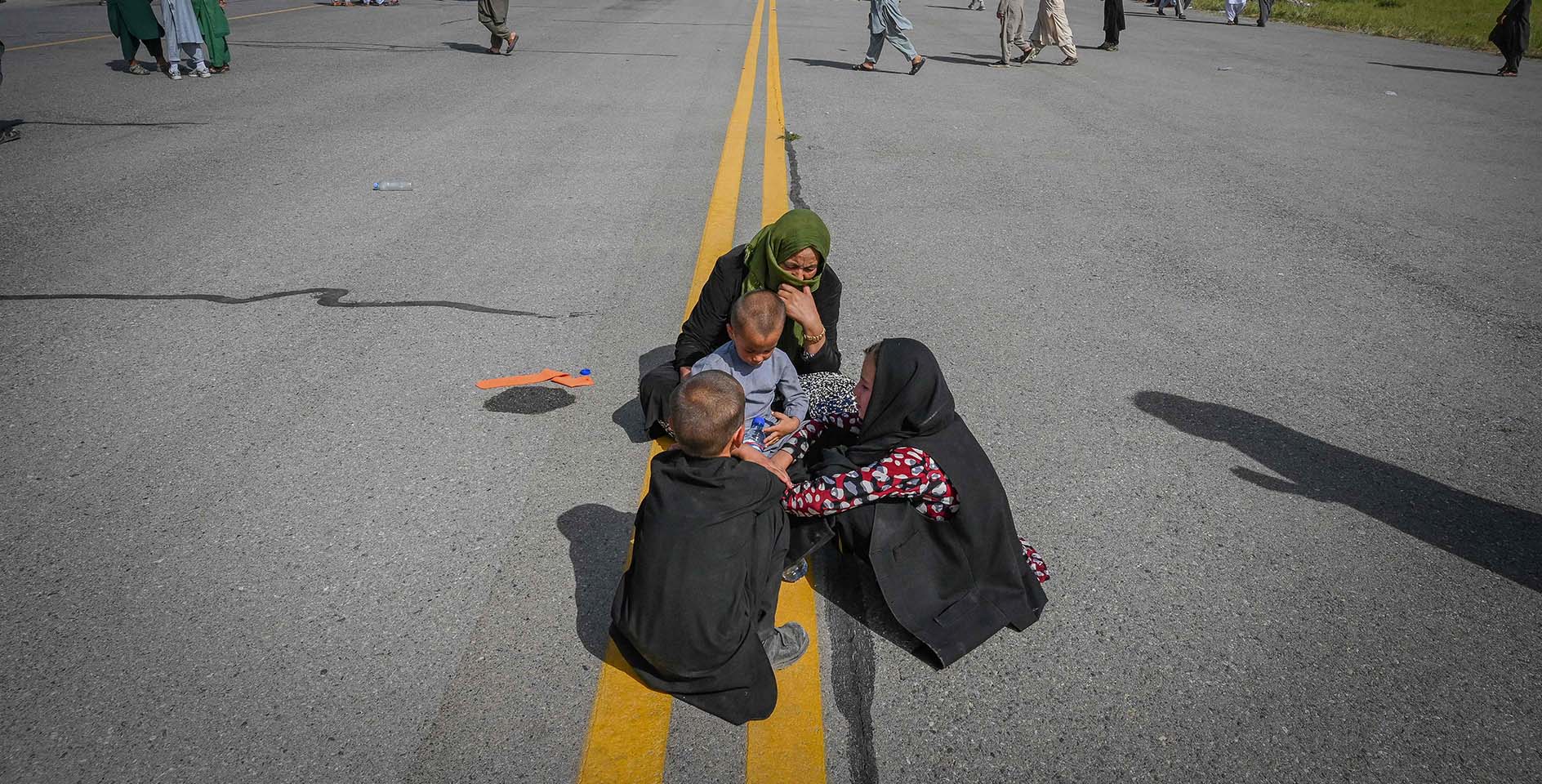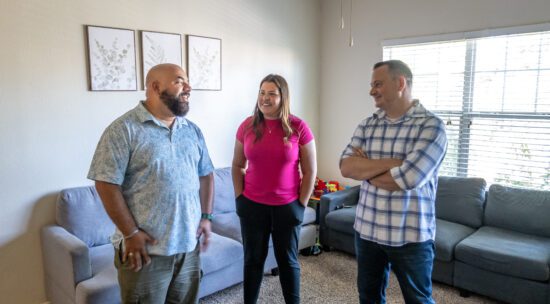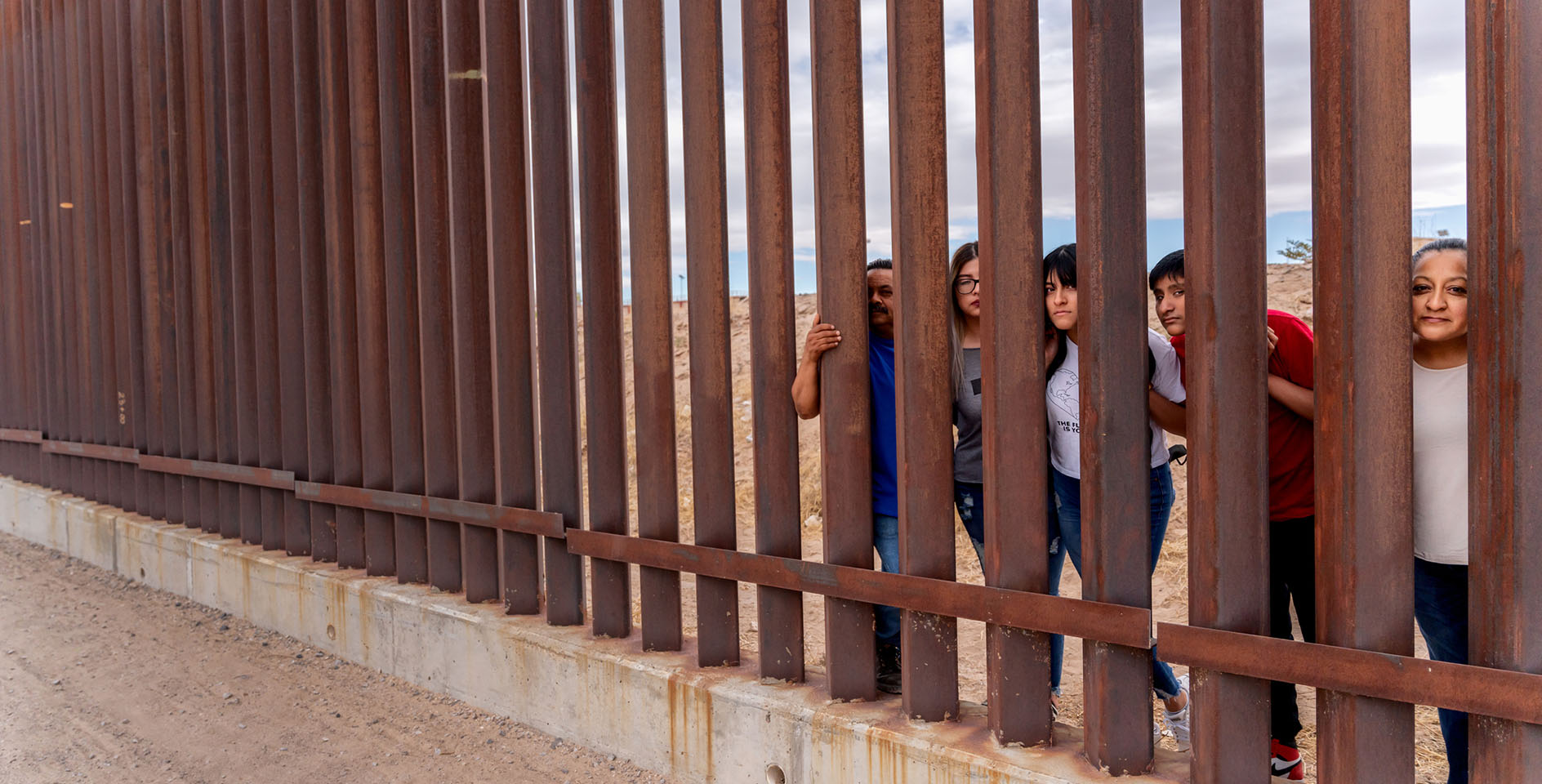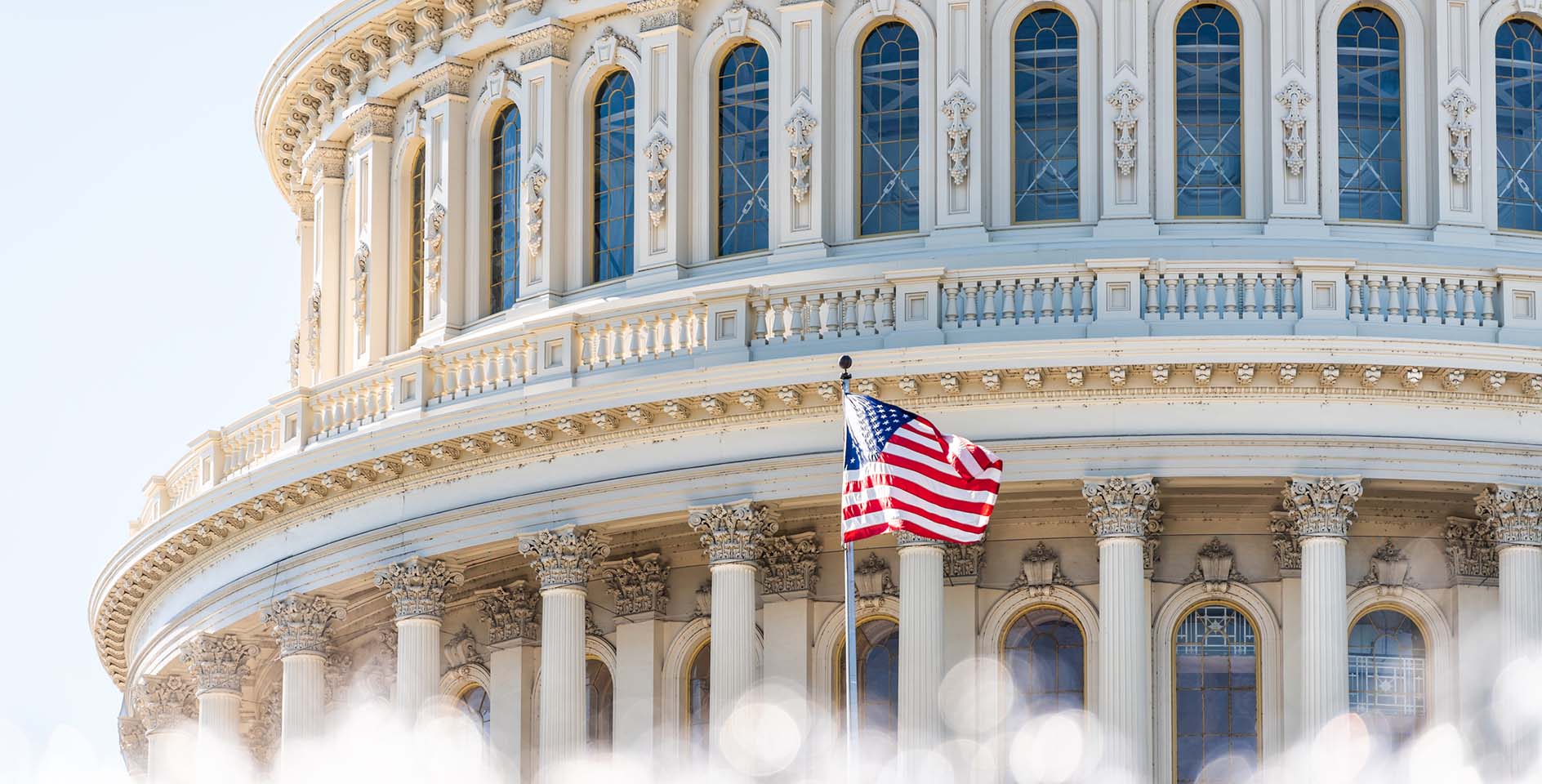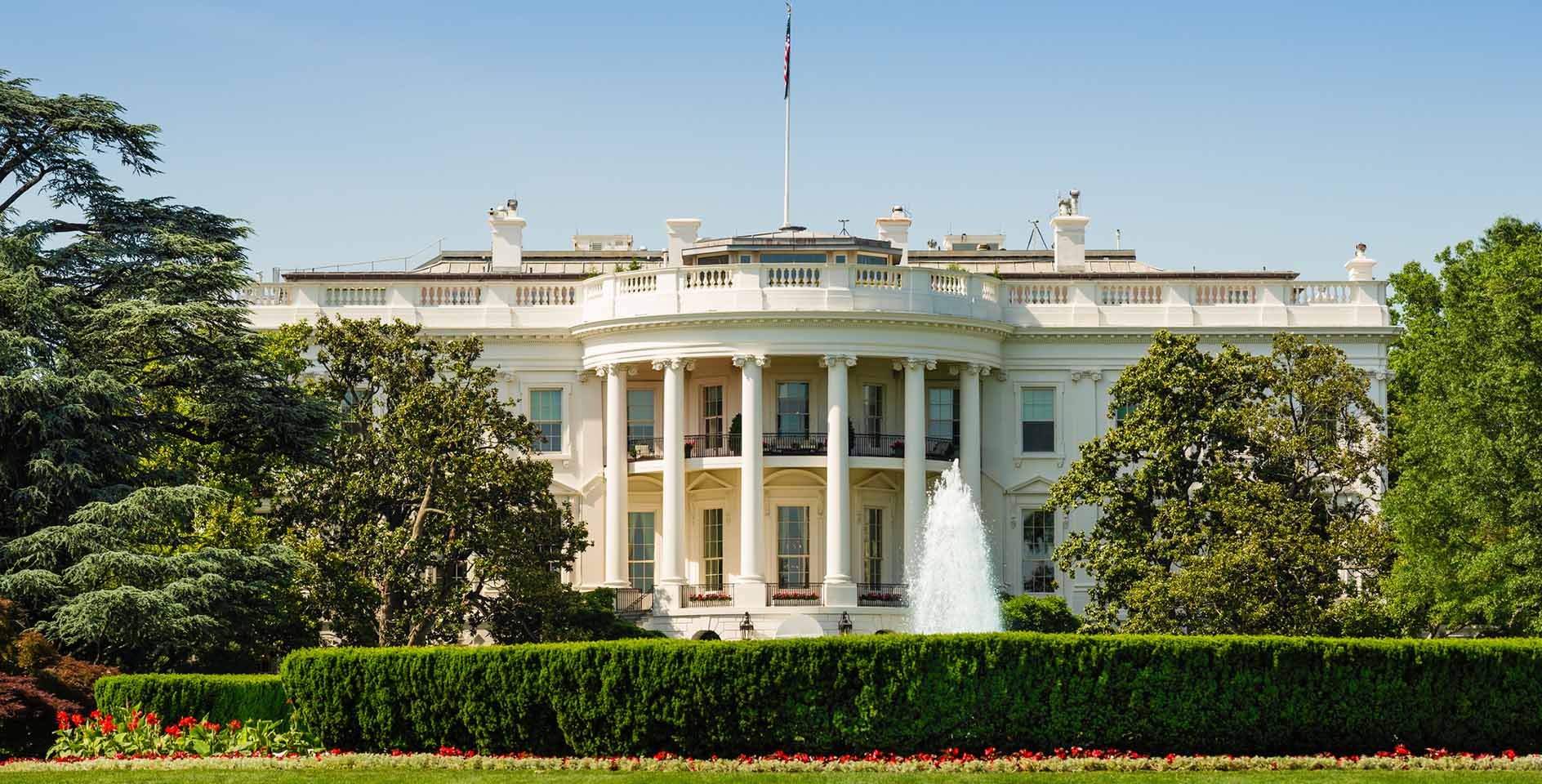August 15th will mark one year since the fall of Kabul and the official collapse of the Afghan government. The anniversary is a somber reminder of the chaos that entailed following the U.S. withdrawal from the country. We remember the horrific images that came out of Afghanistan as mothers hoisted their children over the airport fences and as people desperately clung to the landing gear of departing airplanes. When it could not seem to get any worse, it did. A suicide bomber detonated near a gate at the Kabul airport killing 13 U.S. service members along with at least 60 civillians. Sorrow ensued as millions across the world watched helplessly.
Over the last year, much has happened causing the world to shift its attention away from Afghanistan, the war in Ukraine being one of the most notable. While the unjust war in Ukraine deserves our attention and full support, it should not come at the expense of forgetting the thousands of Afghans displaced from their homes and those left behind. They are not afforded the luxury of moving on to the next story, even if the world seems to.
The evacuation of Afghans
The evacuation of Afghanistan was far from normal operating procedures. Under normal circumstances, someone who is fleeing their country will go through a lengthy process while abroad in order to gain the status of “refugee.” The Department of Homeland Security will approve cases after significant screening. However, a number of factors have made an already extensive process, that typically takes two to five years, nearly unworkable for those who need it. Since, as the State Department put it, “It is undeniable that we were surprised at the pace by which the Taliban were able to pursue their territorial advances,” their response was forced to rapidly evolve.
Because there was not time for the normal refugee resettlement process to take place, the priority had to be shifted to protecting life on the ground and getting Americans and Afghan allies out as quickly as possible. In the midst of the chaos, many people who had faithfully served the U.S. military or who would otherwise qualify as a refugee were tragically left behind. In order to maintain the highest level of security screening, even in such an unusual process, the first stop on those flights out of Kabul was not the U.S. Everyone was taken to a U.S. military base in Europe or the Middle East for intensive security screenings. Biometrics were taken and cross referenced to criminal and terrorist related databases. If anything was flagged in the databases or in questioning, the individual would not be allowed into the U.S. Those who cleared security were then allowed to eventually travel to the US, where they were subject to additional security and health screenings.
The arrival of Afghans
Given the unprecedented evacuation of 120,000 people from Kabul in a matter of days, there was not sufficient time for bureaucratic paperwork to be completed and for the formal status of “refugee” to be acquired. As a result, those who fled Afghanistan were brought to the United States using “humanitarian parole,” a tool the U.S. government may use to deliver people quickly to the U.S. in the case of a humanitarian crisis, instead of through the United States Refugee Admissions Program (USRAP).
Though it may seem like a minor distinction, it can and has had an extensive impact on the lives of Afghans brought to the US. Typically, parole does not allow for financial assistance such as food stamps or cultural orientation resources such as language classes that would typically be provided to a refugee through a resettlement agency. Thankfully, H.R. 5305 was signed into law to address some of these shortcomings by allowing Afghan parolees to access basic services provided by resettlement agencies as they arrived into the country and began to try and make a home.
In addition, churches and people of faith stepped to the front lines to meet the needs of vulnerable Afghans who arrived to the U.S. Historically, people of faith have led the way in resettling refugees. On a national level, six of the nine agencies that work with the U.S. government to resettle refugees have religious roots that motivate their work. This instance was no different. Churches opened their doors, families made meals, and Christians rose up to welcome our new Afghan neighbors. In response to the crisis, World Relief, a Christian refugee resettlement organization, saw their number of active volunteers double.
Significant challenges still remain
Despite the work of volunteers and organizations to meet the needs of Afghans and Congress’ move to provide resettlement benefits, other challenges still remain. One of the severe limitations of parole status is that it is intended to only be temporary. Though it can potentially be renewed to avoid deportation, it does not provide any pathway to permanent status and will never allow Afghans to fully settle. Sadly, just as with Dreamers and Temporary Protected Status recipients, they will similarly live in legal limbo and have a fear of future deportation as a permanent fixture in their lives. With the Taliban continuing to search for those who aided the U.S. during the 20-year campaign, deporting our allies and other vulnerable Afghans back to their country is not an option. For the foreseeable future, those who are returned will likely be jailed and potentially killed. Unfortunately, parole ultimately serves as a short-term solution to a devastating, long-term crisis.
The ERLC has joined other evangelical organizations in repeatedly urging “the passing of legislation that would allow Afghans to adjust status to a lawful permanent resident once in the United States. Without a change to law, individuals with humanitarian parole status will face an uncertain future, lacking a clear, direct path to permanent legal status and eventual citizenship.” Though many of these individuals could ultimately qualify for asylum, our asylum system is so significantly backlogged already that adding tens of thousands of new cases would leave Afghans in legal limbo for years. Without an act of Congress, many Afghans are left without a real solution.
Additionally, hundreds of Afghan allies who assisted the U.S. remain stuck in Afghanistan or in third countries unable to legally enter the States. Following the immediate evacuation, the U.S. government has been very limited in its granting of parole requests and Special Immigrant Visa requests. This has forced many of these individuals to enter the severely-backlogged and time-consuming refugee resettlement program, which may take years for them to be granted status. Many continue to face intense persecution from the Taliban and are in urgent need of assistance to find safety in the U.S.
The role of the Church
God provides no ambiguity in where he stands on helping the most vulnerable. The greatest commandments in the Bible are to love God and to love our neighbors as we love ourselves (Matt. 22:37-38). Vulnerable, displaced people from Afghanistan are attempting to begin new lives in our neighborhoods, churches, and communities. Many are scared, lonely, and in need of help. For most, their family, friends, and livelihoods had to be quickly left behind. They have been forced to start at ground zero. An immense opportunity exists for the Church to continue rallying around this community and helping people in desperate need of care. A mission field has come to us, and the hope of the gospel remains our greatest gift.
Below are some resources from Southern Baptist missions entities and other faith-based relief organizations to assist you and your church in meeting both the physical and spiritual needs of Afghans in your community.
- Submit a World Relief form to open up your home to Afghan parolees.
- Get coaching from a Send Relief team member. Learn how to engage and minister to Afghans.
- Watch the “Care for Refugees Workshop” put on by Send Relief.
- The IMB has resources for sharing the gospel with Afghans in the US.
- Donate to support the efforts of Send Relief in assisting refugees and displaced people around the world.
Though the world has in many ways moved on from those who have suffered in the aftermath of the U.S. withdrawal from Afghanistan, we must intentionally choose to see these people, made in the image of God, to remember their loss, and to offer our help. We have been given an opportunity to show the love of Christ to those who are in desperate need of hope. As we find ourselves in proximity to these individuals forced to flee, let us commit to loving them as Jesus would through extending the good news of the gospel to the broken, meeting the needs of the vulnerable, and welcoming the stranger with open arms into our homes, churches, and communities. (John 13:34-35; Matt. 25)



